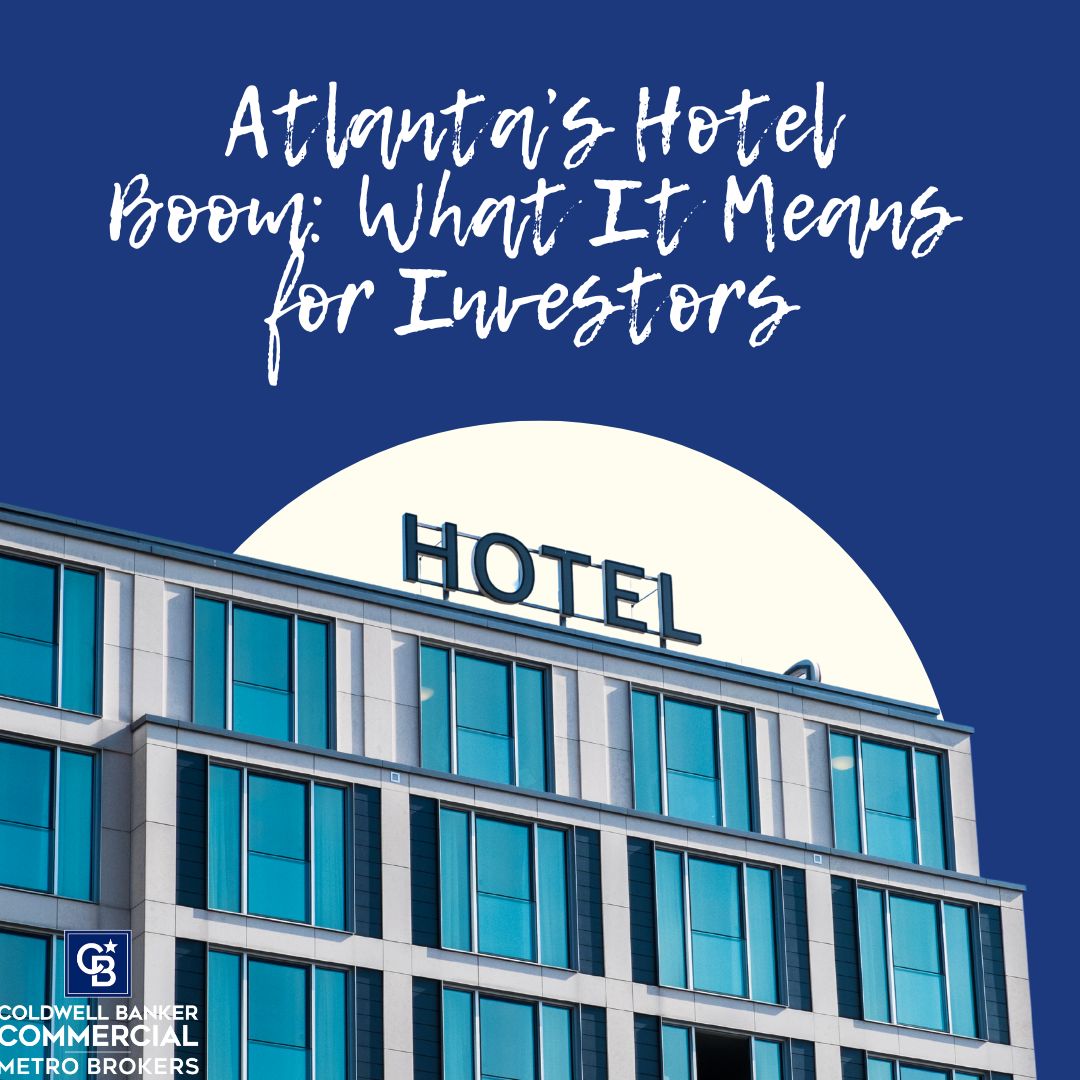Atlanta’s Hotel Boom: What It Means for Investors
Atlanta’s hotel market is experiencing a period of unprecedented growth, driven by a confluence of factors that are attracting both domestic and international travelers. For hotel owners and investors, this presents a unique opportunity to capitalize on the region’s thriving hospitality sector.
Key Drivers of Atlanta’s Hotel Market Boom:
- Major Events and Conventions:
- Atlanta’s reputation as a premier event destination is attracting a steady stream of conventions, conferences, and sporting events.
- The city’s state-of-the-art convention facilities, such as the Georgia World Congress Center, are a major draw for event planners.
- Sporting events like the All star game, and large soccer matches, drive massive hotel demand.
- Economic Growth and Business Travel:
- Atlanta’s diverse economy, with strong sectors in technology, healthcare, and logistics, is driving business travel.
- The city’s status as a major transportation hub, with Hartsfield-Jackson Atlanta International Airport, facilitates both domestic and international business travel.
- Corporate headquarters located in the area bring in frequent visitors.
- Tourism and Leisure Travel:
- Atlanta’s rich cultural attractions, including museums, historical sites, and entertainment venues, are attracting leisure travelers.
- The city’s vibrant culinary scene and nightlife are also major draws.
- The growing film industry in the area creates more travel.
- Infrastructure Improvements and Development:
- Ongoing investments in infrastructure, including transportation and public spaces, are enhancing Atlanta’s appeal as a destination.
- The development of new hotels and mixed-use projects is expanding the city’s hospitality capacity.
- The expansion of the airport and public transportation.
Investment Opportunities in Atlanta’s Hotel Market:
- Luxury and Boutique Hotels:
- The demand for high-end accommodations is growing, driven by affluent travelers and business executives.
- Boutique hotels that offer unique and personalized experiences are also gaining popularity.
- These hotels often offer higher average daily rates (ADR).
- Extended-Stay Hotels:
- The growth of business travel and project-based work is driving demand for extended-stay hotels.
- These hotels offer amenities such as kitchenettes and workspaces, catering to long-term guests.
- Adaptive Reuse and Redevelopment:
- Repurposing historic buildings and converting them into boutique hotels can create unique and attractive properties.
- Redeveloping underutilized properties in prime locations can also generate significant returns.
- Hotel Technology and Innovation:
- Investing in hotel technology, such as mobile check-in, smart room technology, and data analytics, can enhance the guest experience and improve operational efficiency.
- Investing in properties that are adapting to the modern traveller is key.
Due Diligence and Market Analysis:
- Market Research: Conduct thorough market research to understand occupancy rates, ADR, and RevPAR (revenue per available room) in specific submarkets.
- Financial Analysis: Evaluate potential ROI, cash flow, and risk factors associated with each investment opportunity.
- Competitive Analysis: Assess the competitive landscape, including existing hotels and planned developments.
- Location Analysis: Location is paramount. Analyze the proximity to entertainment, business, and transportation.
By conducting thorough due diligence and identifying strategic investment opportunities, hotel owners and investors can capitalize on the thriving Atlanta hotel market.”

 Facebook
Facebook
 X
X
 Pinterest
Pinterest
 Copy Link
Copy Link
